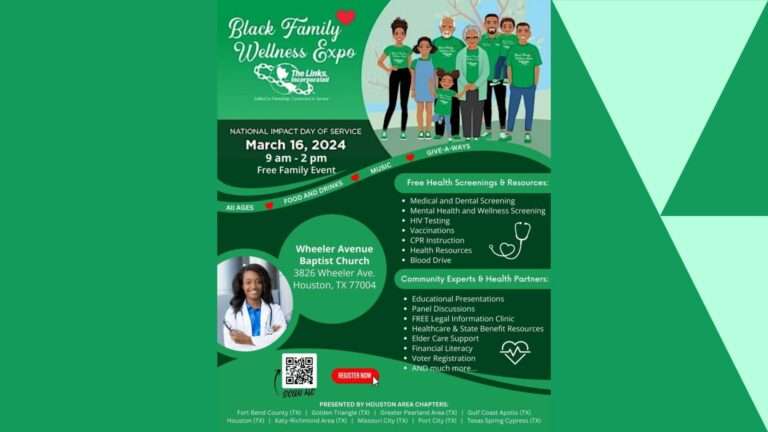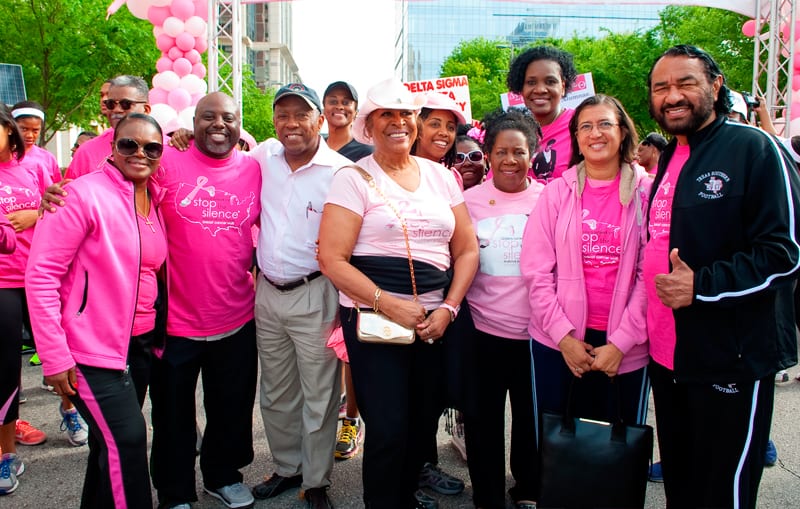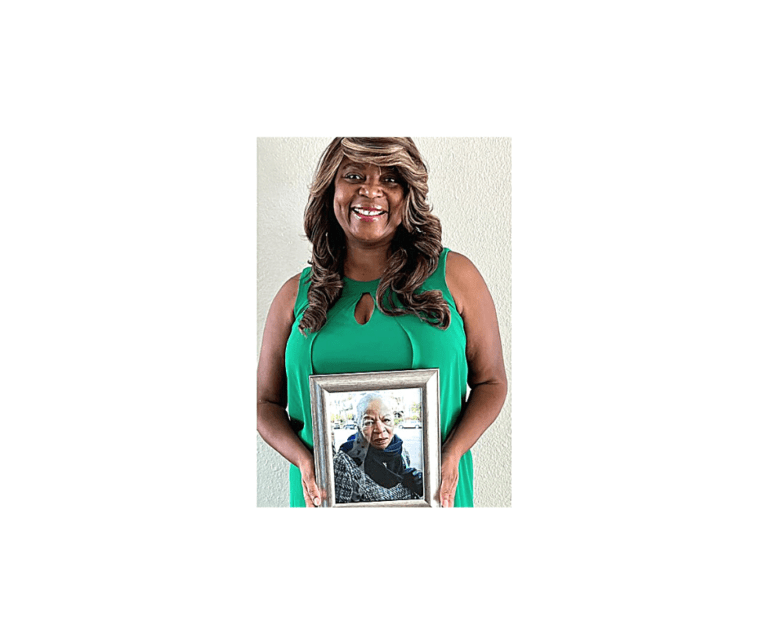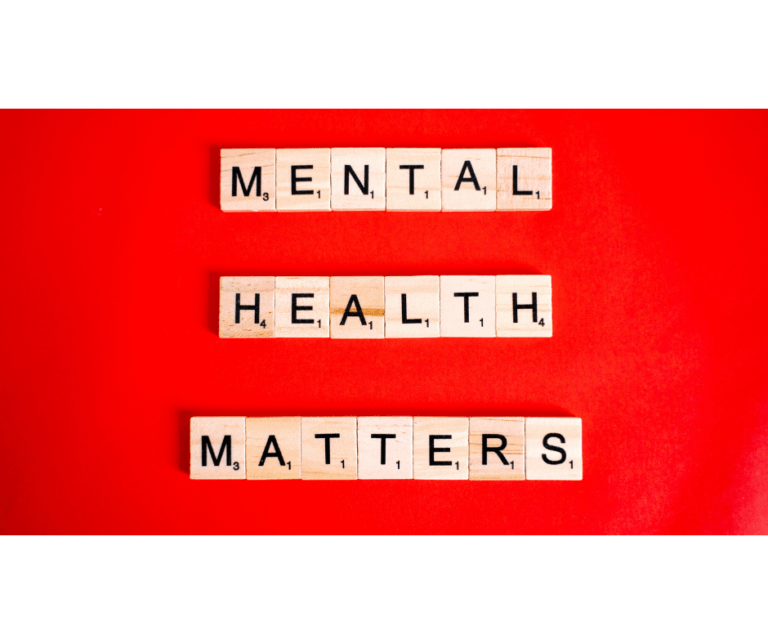By: Dr. Benjamin F. Chavis, Jr., President and CEO, National Newspaper Publishers Association
The unrelenting spread of the novel coronavirus (COVID-19) throughout the United States of America in 2020, continues to pose an unprecedented public health crisis for all Americans, but in particular for Black Americans and other people of color who are disproportionately negatively impacted by COVID-19.
As the trusted voice of Black America, the National Newspaper Publishers Association (NNPA) in March of 2020 established the NNPA Coronavirus Task Force as a means of increasing public awareness about the overall preexisting health disparities in Black America and the disproportionately fatal consequences of COVID-19 for Black Americans and other people of color.
In fact, the NNPA and our Coronavirus Task Force were the first to issue a national “State of Emergency” declaration on April 3, 2020 to warn Black Americans and others about the evolving dangers and public health risks of COVID-19.
Earlier this year, there were just too many myths and other misinformation circulating primarily via social media falsely asserting that “Black people and people of African descent were immune to COVID-19 because of the presence of melanin.” Of course, that assertion is not true. Yet, unfortunately, too many people in our communities began to risk infection to COVID-19 because of falsehoods and misinformation.
The media has a responsibility to research and report the truth.
This year marks the 193rd year of the Black Press of America. Since Freedom’s Journal was first published in March of 1827, the Black Press has remained on the front lines of publishing and speaking truth to power by demanding freedom, justice and equality.
All of this brings me to state categorically, “Black Americans have to be involved at all levels of responding to the COVID-19 pandemic. We cannot afford to be silent, detached, denied, or prevented from being at the decision-making tables in terms of COVID-19-based public health policies, research, clinical trials, remedies, and vaccine development. Our lives and future are at stake.”
The good news is that today there are many Black American physicians, infectious disease scholars, clinicians, medical researchers, nurses and others on the front lines as first responders and as leaders inside the major pharmaceutical companies that are striving to develop a safe and effective vaccine for COVID-19.
We are profoundly aware that within our communities there has been a historical and contemporary distrust of medical research. However, the challenge today is for more Black Americans to be involved at every point of the development of a COVID-19 vaccine to ensure that the medical rights and interests of Black Americans are thoroughly protected, respected, and addressed effectively and truthfully.
In other words, Black American engagement is crucial and critical in the development of a COVID-19 vaccine — including participation in clinical trials — to make sure that the new vaccine is effective to prevent Blacks and others from COVID-19 infections.
Three years ago, the NNPA, Howard University and Pfizer collaborated to do a national landmark poll and study of awareness of Sickle Cell Disease (SCD) among Black Americans. This was important because Black Americans are disproportionately impacted by SCD across the nation.
Included in that NNPA-Howard University-Pfizer poll was the issue of Black Americans’ willingness to participate in clinical trials with respect to SCD. We were pleased to learn and to document that 76% of the Black American poll respondents had positive or neutral attitudes toward SCD clinical trials, and a majority indicated a willingness to participate in future clinical trials for SCD, given appropriate knowledge and recommendations from health care professionals.
It is urgent that in the strategic rush to develop an effective COVID-19 vaccine for all people, that Black Americans are not left out of the process. The health of our families and communities necessitates our involvement to raise all the questions that need to be raised, and at the same time to participate responsibly in the COVID-19 clinical trials.








